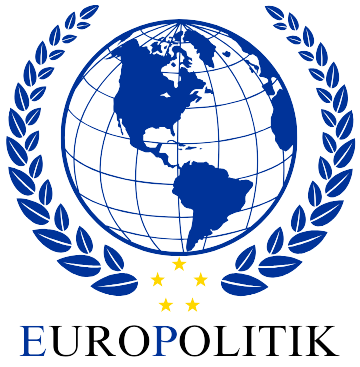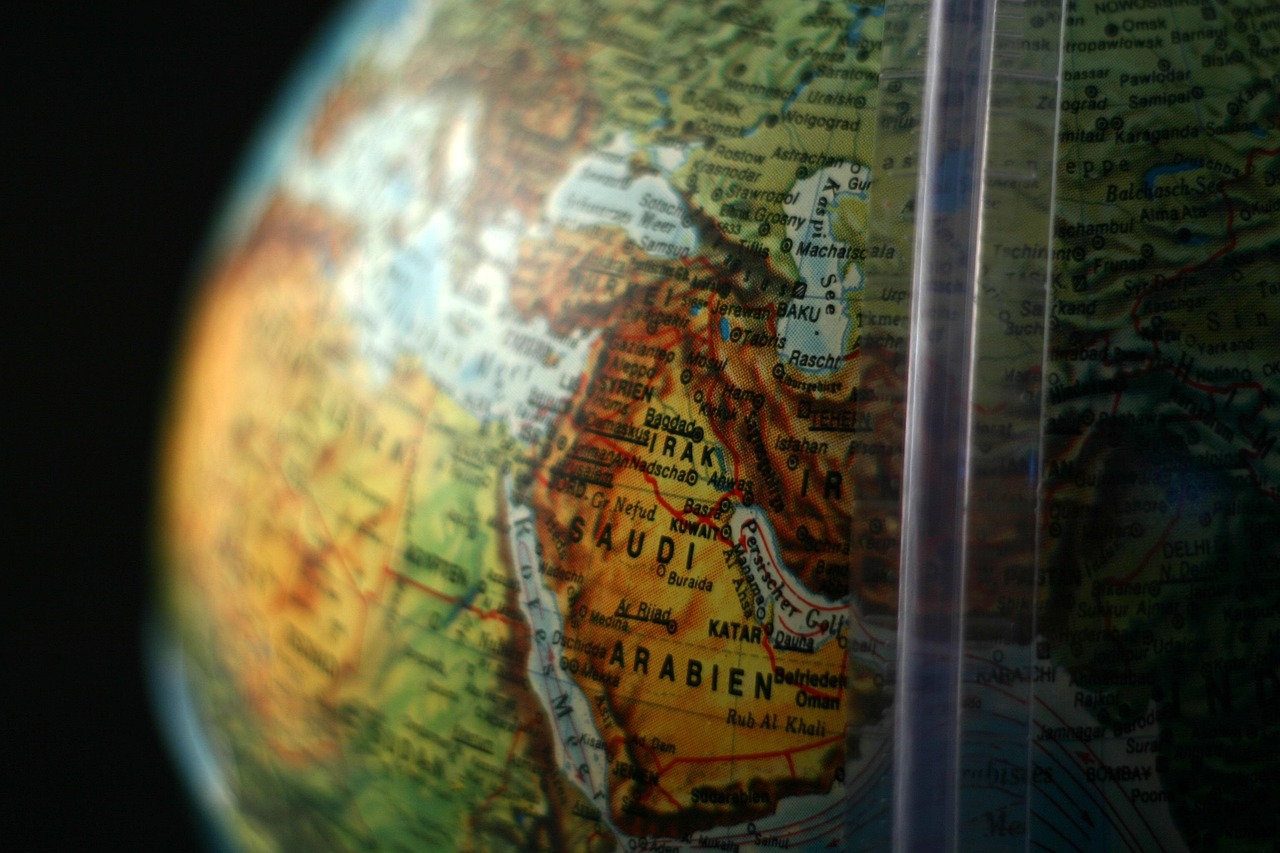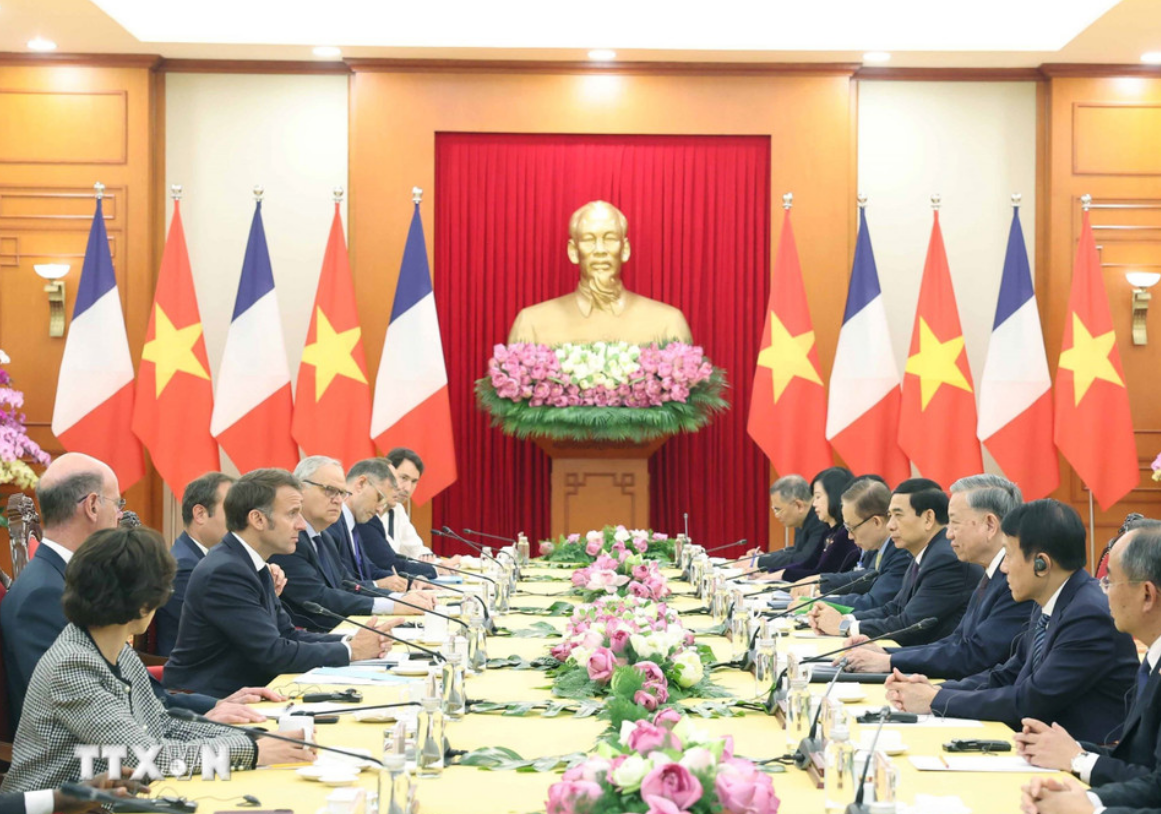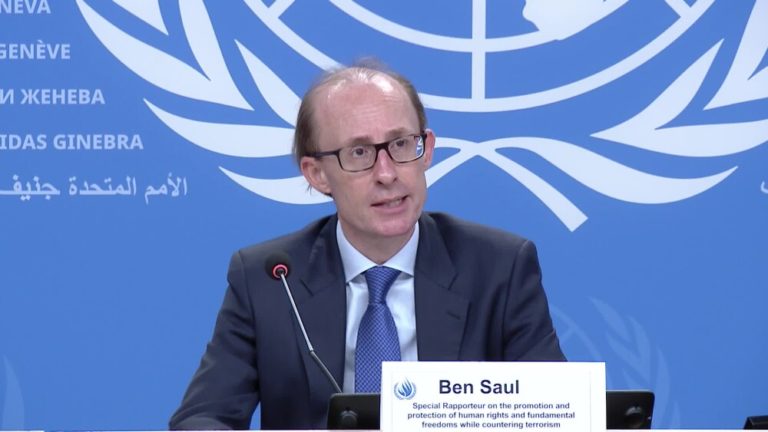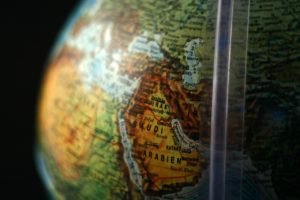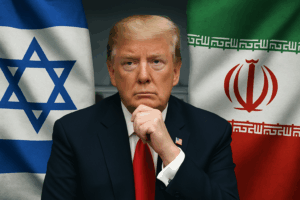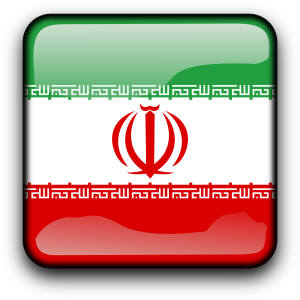Reflection by Sébastien Boussois, PhD in Political Science and researcher at the Geostrategic Observatory in Geneva (Switzerland).
A month after taking office and returning to the White House, the 47th President of the United States has already moved at full speed to stamp his authority over the world’s leading power. Meanwhile, we tremble in an increasingly isolated Europe. Trump is often labeled as unpredictable — a convenient excuse that allows us to hide behind appearances, blaming him for our own weaknesses and lack of foresight.
Dealing with Donald Trump has complicated international relations and the foreign embassies’ communications with Washington. Yet, we have known him for eight years now. From day one, he has said what he would do — and has done what he said. In Trump’s America, there are no partners, only vassals. We know this. Yet, instead of preparing to resist, European public opinion and media have merely vilified him like a spoiled child terrified of seeing their precious “multilateralism” crushed by the transactional bulldozer of the new master of the world.
Admittedly, it’s easy to get lost in Trump’s barrage of declarations since January 20. Greenland, Canada, Mexico, Panama, Gaza, Israel, Ukraine and Russia, the European Union, and China — these are his priorities for the months ahead, and he has no intention of yielding. He wields economic tariffs like a weapon against any who dare to resist. What worries us most is the fate of Zelensky’s Ukraine, already on the losing side, having resigned itself to sacrificing Russian-conquered territories in exchange for American protection — all in the hope of securing peace as soon as possible and preventing further deaths and destruction. The first US-Russia meeting held in Saudi Arabia since the war began, on February 18, should inevitably lead to a negotiated agreement.
Meanwhile, the war between Israel and Hamas entered a ceasefire phase just two days before Trump’s inauguration on January 20, thanks to the maximum pressure exerted by the new administration, even if the truce grows more fragile by the day. Since then, Donald Trump has been urging Arab countries to assume their responsibilities regarding the Palestinian issue. In reality, Trump is pushing everyone, but ultimately for his own interests.
It may look like a vast unfolding chaos, but Trump has at least succeeded in shaking things up and thawing deadlocked geopolitical situations that had dragged on for months. What alternative do we have? The framework of international institutions has become a bottleneck. His unilateral pressure on Putin and Netanyahu to move negotiations forward is real. There will be losers — there always are — but perhaps there will also be peace. Trump cannot please everyone, and he does not care — just as he does not care about international law or the sensibilities of his allies.
And that, ultimately, is the most disorienting thing for us: feeling attacked by the United States. Yet perhaps, at last, what is truly at stake for Europe is independence and sovereignty. We must not miss this opportunity. Clinging to international law and old rules is like a hanged man clinging to his noose: it is time to acknowledge the reality of a world Trump does not want, and to act not against it, but for our own defense and security.
Instead of spending our time condemning every American action, we must recognize the death of the transatlantic relationship and boldly commit to the path of complete freedom. That is what the United States is offering us.

